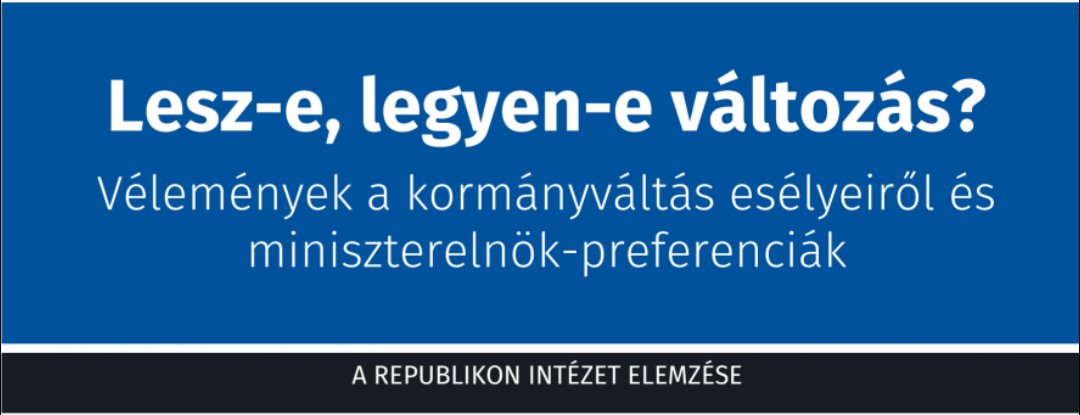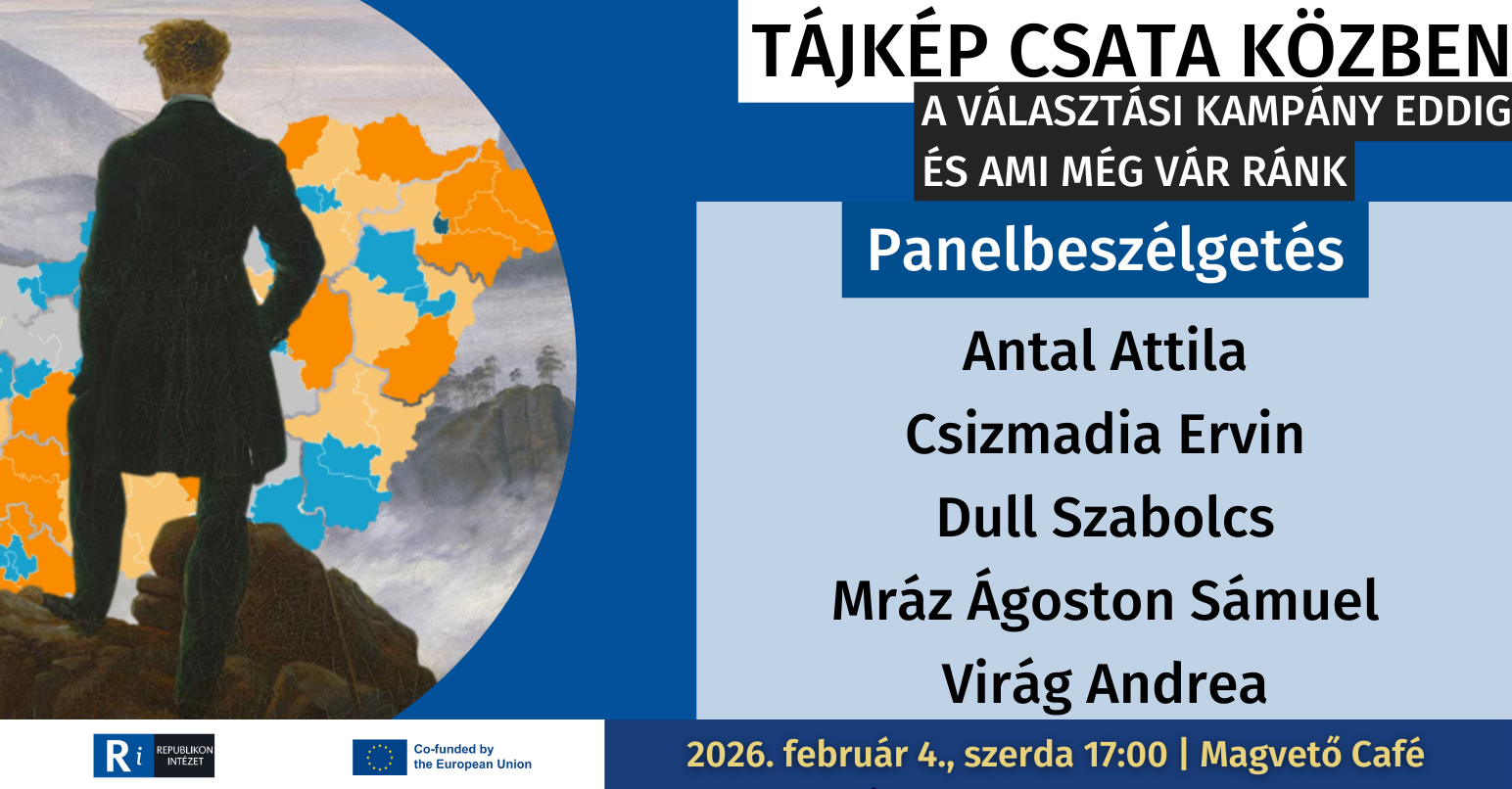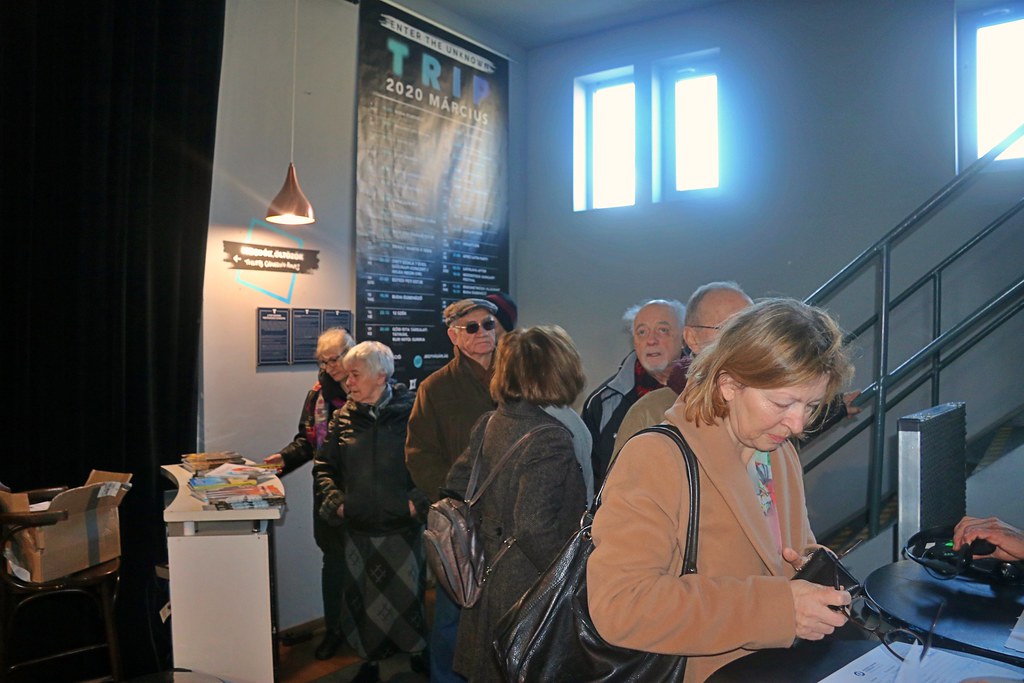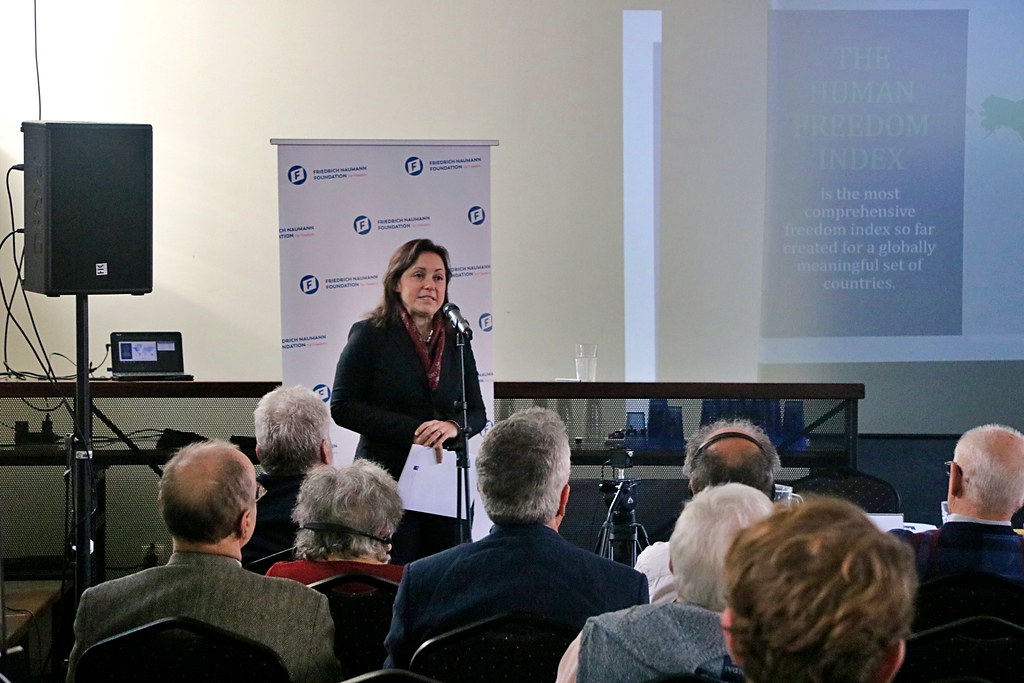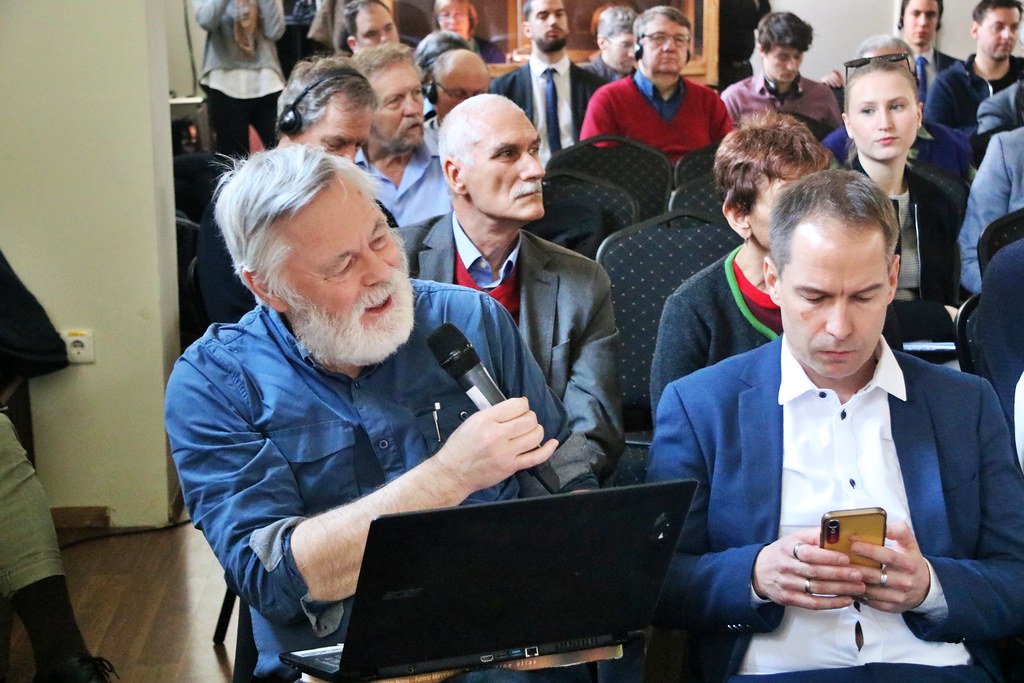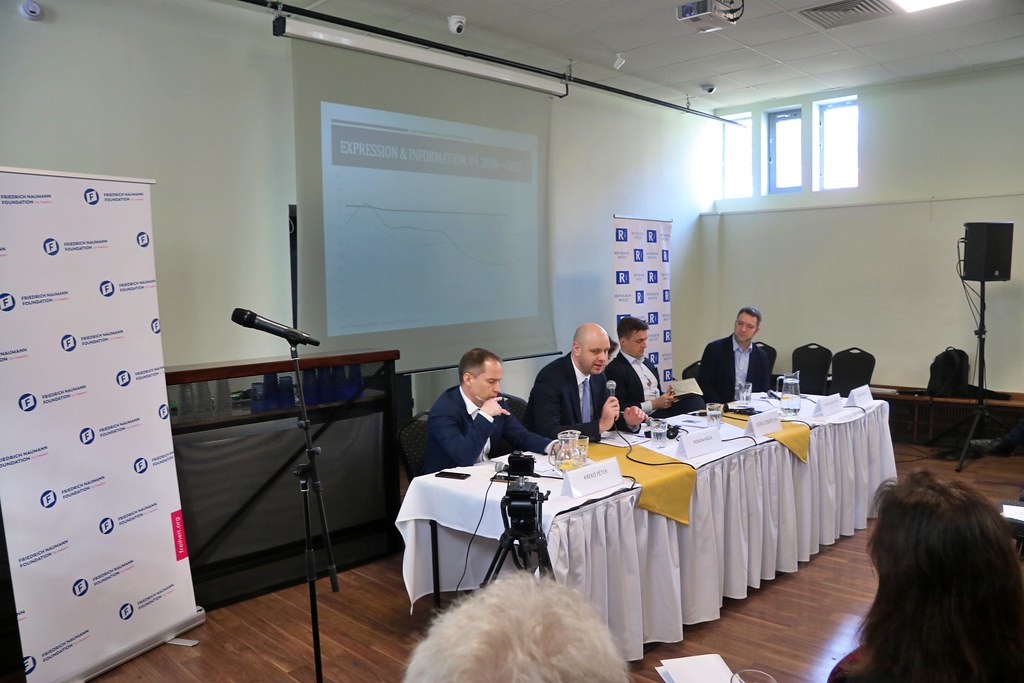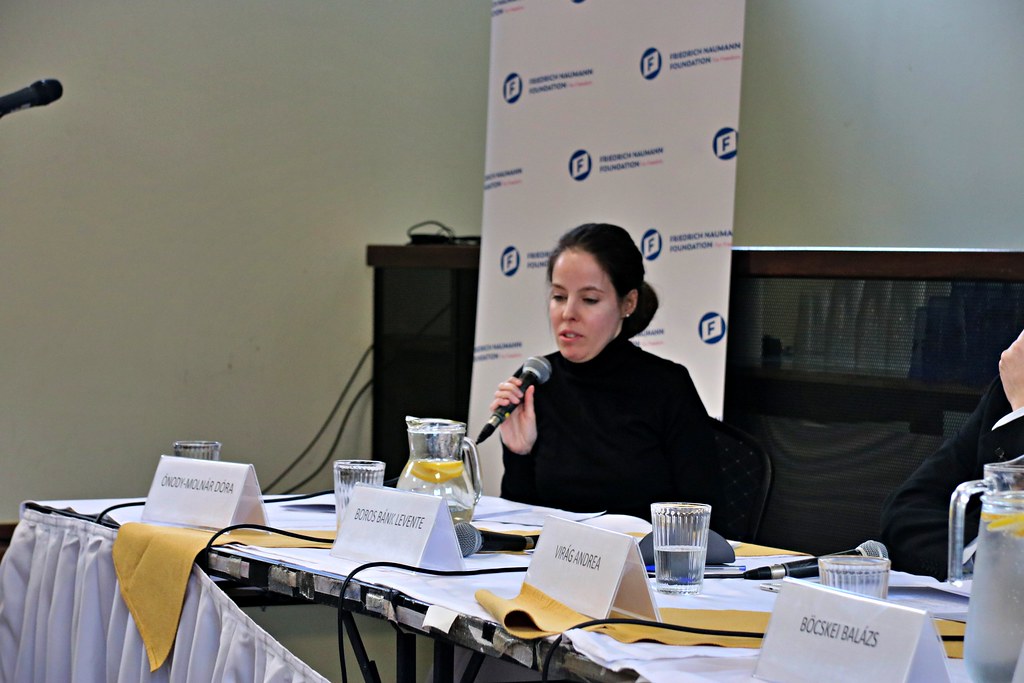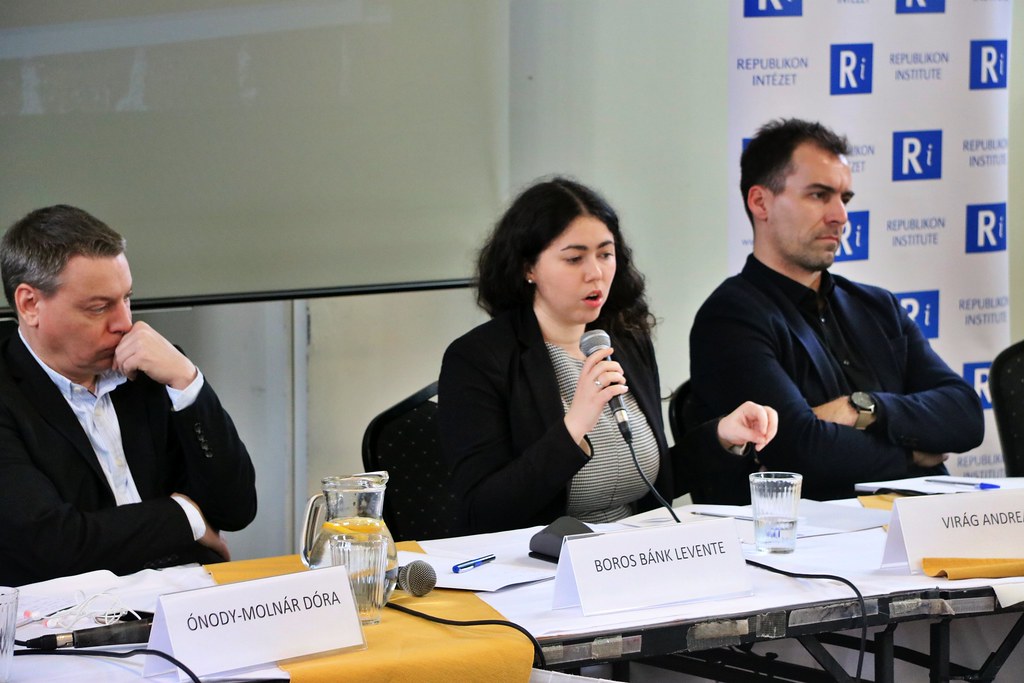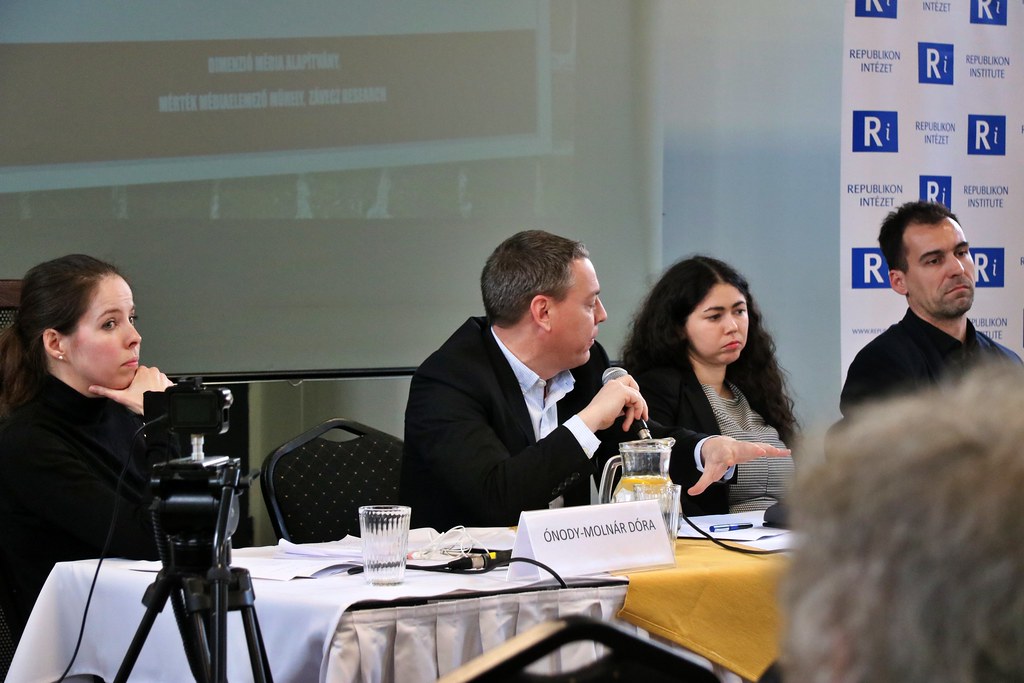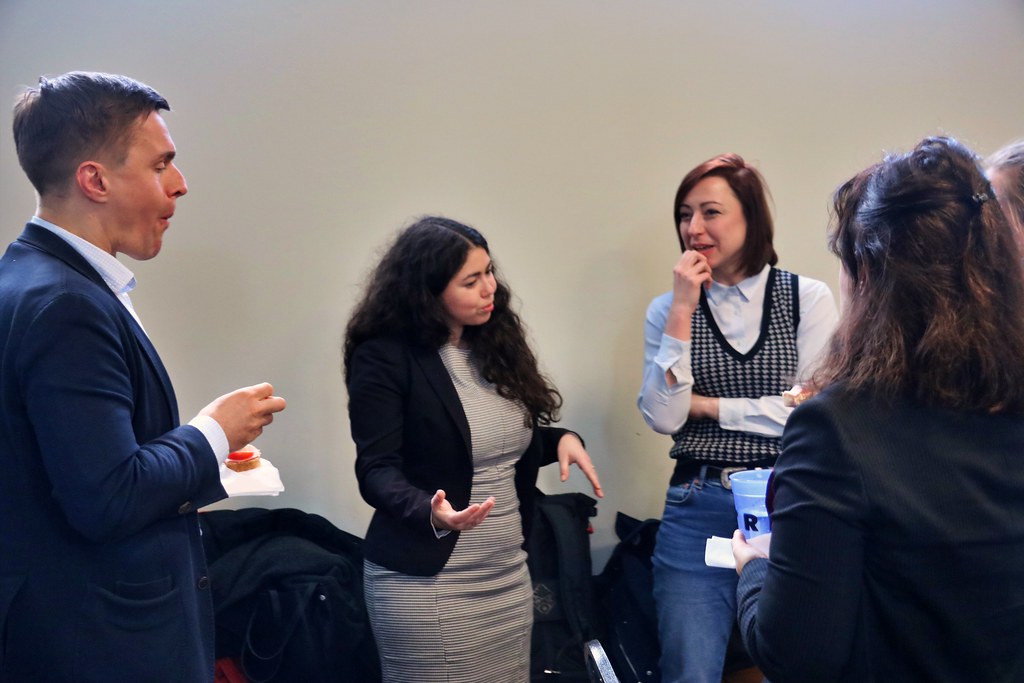Analyses and research
Analyses and research
- Will there be change, should there be change?
- Hungarian political campaigns often revolve around the prime ministerial candidates, This is particularly true of the current election campaign, which is clearly a contest between Viktor Orbán and Péter Magyar, after Magyar was able to win over the overwhelming majority of opposition voters with his promise of a change of government following a ...
More - Let's call a spade a spade!
- After sixteen years in power, the political era that began in 2010 can rightly be called the Orbán system, especially since during this decade and a half, the Fidesz-KDNP governments built a completely new system in Hungary, both legally and politically. Although there is common agreement that the new system that emerged in 2010 marked the end o...
More - Party support in January 2026
- Party preferences changed relatively little at the beginning of the year. Tisza's support among the entire population remained stable, while Fidesz-KDNP's support increased by 1 percentage point. The current score stands at 33% for Tisza and 28% for Fidesz-KDNP, making Tisza's lead 5 percentage points. Among party voters, Tisza maintains 46% sup...
More - Slogans versus reality - Are we worse off than four years ago?
- "We are worse off than four years ago!" – this was Fidesz's slogan for the 2006 parliamentary election campaign, at least according to their most memorable poster campaign. The slogan criticized the performance of the Medgyessy and Gyurcsány governments since 2002. Fidesz focused primarily on unemployment and price increases, the poor economic s...
More - Party support - November 2025
- In November, party preferences changed marginally, with the biggest shift being in attitude towards voter turnout, which perhaps could benefit the Tisza Party. Tisza is currently ahead of Fidesz-KDNP by 6% points in terms of party support among the total population, with a 30 to 24 difference, favoring Tisza, mirroring last month. Among party v...
More - Republikon’s latest party preference survey is now available
- If parliamentary elections were held this Sunday, a four-party parliament would likely be formed, with Tisza, Fidesz–KDNP, Mi Hazánk, and the Two-Tailed Dog Party entering the National Assembly. In February, party preferences changed only within the margin of error. The Tisza Party continues to hold a stable lead over the governing parties. The ...
More - Popularity indicators of Hungarian politicians
- We often refer to our monthly party preference survey as a ”popularity contest”, but in the 2026 election race, voter preferences are more indicative of the individual political personas of politicians, rather than political parties. Voters primarily follow the media duel between Péter Magyar and Viktor Orbán, who are the leaders of the two curr...
More - Party support in October
- In October, the Tisza Party is ahead of Fidesz-KDNP by 6 percentage points among the entire population, 30 percent would vote for Péter Magyar’s party. TISZA has gained 2 percentage points among the party voters, resulting in an 8-percentage-point lead over the current government parties, making the score 43-35. 44 percent of the decided voters ...
More - One year of public media II.
- Democratic control, transparency, and impartiality in the operation of public service media are key to a free public sphere and informed decision-making by voters. The joint monitoring report by the Republikon Institute and Connect Europe, which is the first half-yearly report of a one-year project, for the period February-July 2025, attempts to...
More - Party preferences - August
- In August, the balance of power between the parties changed within the margin of error. The Tisza Party leads over Fidesz-KDNP by 4 percentage points among the total population, by 5 percentage points among party voters, and by 6 percentage points among committed party voters. The score is 30-26 among the total population, 39-34 among party vote...
More

